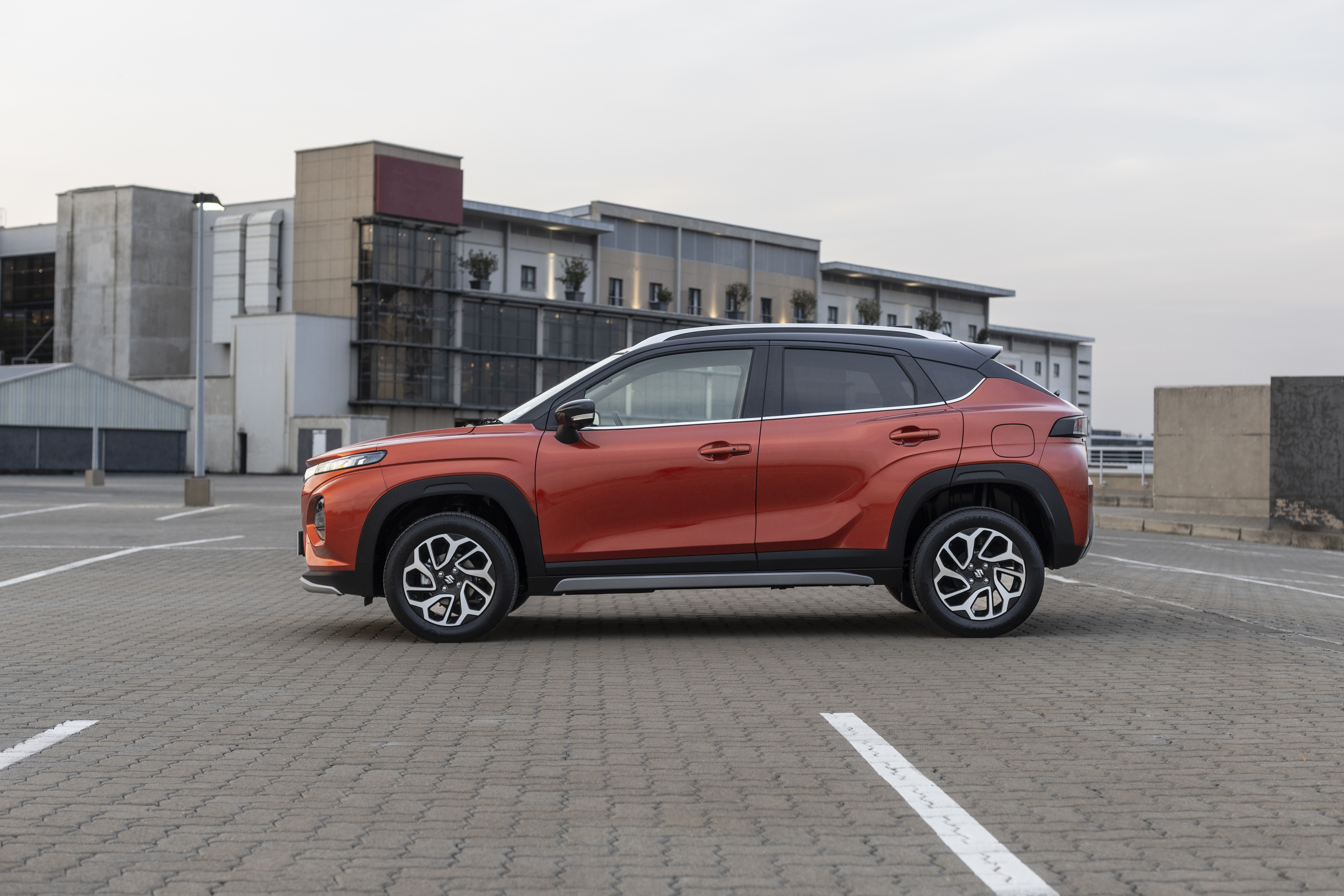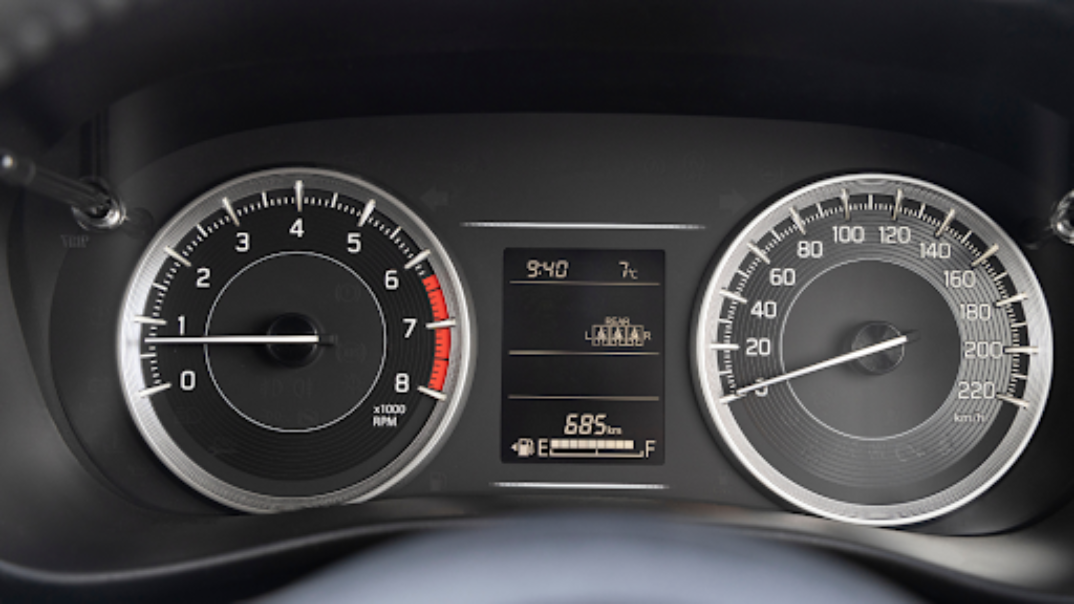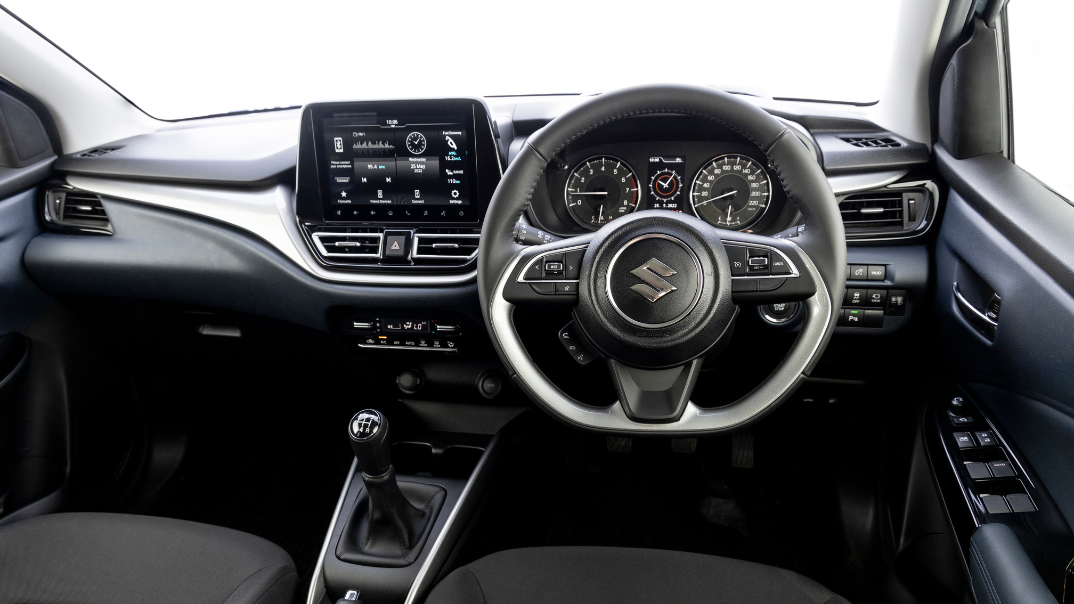The massive increases in the price of both petrol and diesel has, again, put the spotlight on fuel efficiency when running a car and the importance of using the right fuel to achieve maximum efficiency.
Although there are different ‘grades’ of petrol and diesel, car buyers can be assured all Suzuki models are carefully tested to ensure compatibility with local fuel quality before being introduced.
“Buyers need not be concerned about the fuel quality in their new Suzuki vehicles, as the fuel quality regulations will coincide with the regulations of the vehicle when it becomes compulsory,” says a spokesperson for Suzuki Auto South Africa.
“Market research is done on vehicles before introducing them to the market to ensure the vehicle can operate in the market.”
Regulations are being put in place to ensure the fuel quality in South Africa meets the international standards of Euro V or Euro VI by 2027.
Although there is no need for concern, it is still worth car owners understanding the role fuel plays and why they should stick to the manufacturer recommendations for the fuel used.
How your engine works
Just like you need food and water to produce energy, your car converts fuel into motion. This process is known as internal combustion. Your engine creates a series of small, controlled explosions which generate the power to propel your car forward, transporting you from point A to point B.
This small, controlled explosion takes place in your engine cylinder - releasing a huge amount of energy in the form of expanding gas. Typically, your engine will let off hundreds of these explosions per minute - which is where your engine gets its purr.
Car engines use a four-stroke combustion cycle - beginning with intake, then on to compression, combustion and finally exhaust.
The process begins by opening the intake valve, moving the piston downwards and bringing fuel and air into your engine. Following the intake cycle, the compression cycle begins. During the compression cycle, the piston moves back upwards, pushing the fuel and air into a smaller space - which is ideal for a more powerful explosion. Next, your spark plugs ignite the fuel causing an explosion and pushing the piston down again. Finally the exhaust valve opens, releasing the gas from the explosion into the catalytic converter, where it’s cleaned before moving through the muffler and exiting your car through the exhaust pipe.
To see an engine firing in slow motion, take a look at Smarter Every Day’s video below, How Engines Work - (See Through Engine in Slow Motion).
The role of octane in your fuel
The octane rating in fuel refers to how much the fuel/air mixture can be compressed before it spontaneously ignites. Most people believe that a higher octane in fuel supercharges the combustion cycle (which is a misunderstanding).
Octane is really a combustion retardant - it prevents the gas from exploding before the piston reaches the right place. With a low octane rating, the explosion will happen prematurely, causing damage to your engine over time. Your car’s onboard computer is programmed to monitor for this pre-detonation knocking. If it detects knocking, it slows the firing of the spark plug. This causes the the fuel to ignite after the piston has passed the top, and is back on its way down again. This protects you from the pre-detonation knock - but also leads to less engine power and less mileage per litre of fuel.
So, which is better for your car?
Depending on your vehicle you should, in theory, get better mileage and fuel economy from a higher octane fuel (so 95). However, in the highveld you have approximately 20% less atmospheric pressure than at the coast - which makes it harder for fuel to ignite. In areas like Johannesburg or Pretoria, you have the option of filling up with 93. You won’t find 93 in coastal regions (e.g. Durban or Cape Town) because it will cause knocking, so you’ll have to use 95 or 97.
Having said this, if your car’s engine is a 1.6ℓ or smaller, it’s unlikely that you’ll feel the difference between 93 or 95 therefore either should be fine (although in the highveld 93 is acceptable). With a 1.8ℓ engine, you may experience a slight difference - getting more mileage out of 95. The true difference is noticeable in 2.0ℓ, turbo and V6 engines and above, in these cars manufacturers recommend only using 95 or above.
Suzuki SA, advises that 95 octane fuel may not offer a significant boost in performance but it does offer an advantage in keeping your engine clean of carbon deposits, and this could help extend the lifespan of your car (if you follow the recommended maintenance guidelines).
We’d love to hear which fuel you use in your car and why, let us know in the comments!
Get all our latest articles with useful information like this delivered straight to your inbox, sign up to the Suzuki blog.
Experience the new Suzuki Celerio today, move smart, and live smart, the Celerio way. Book a test drive now.




